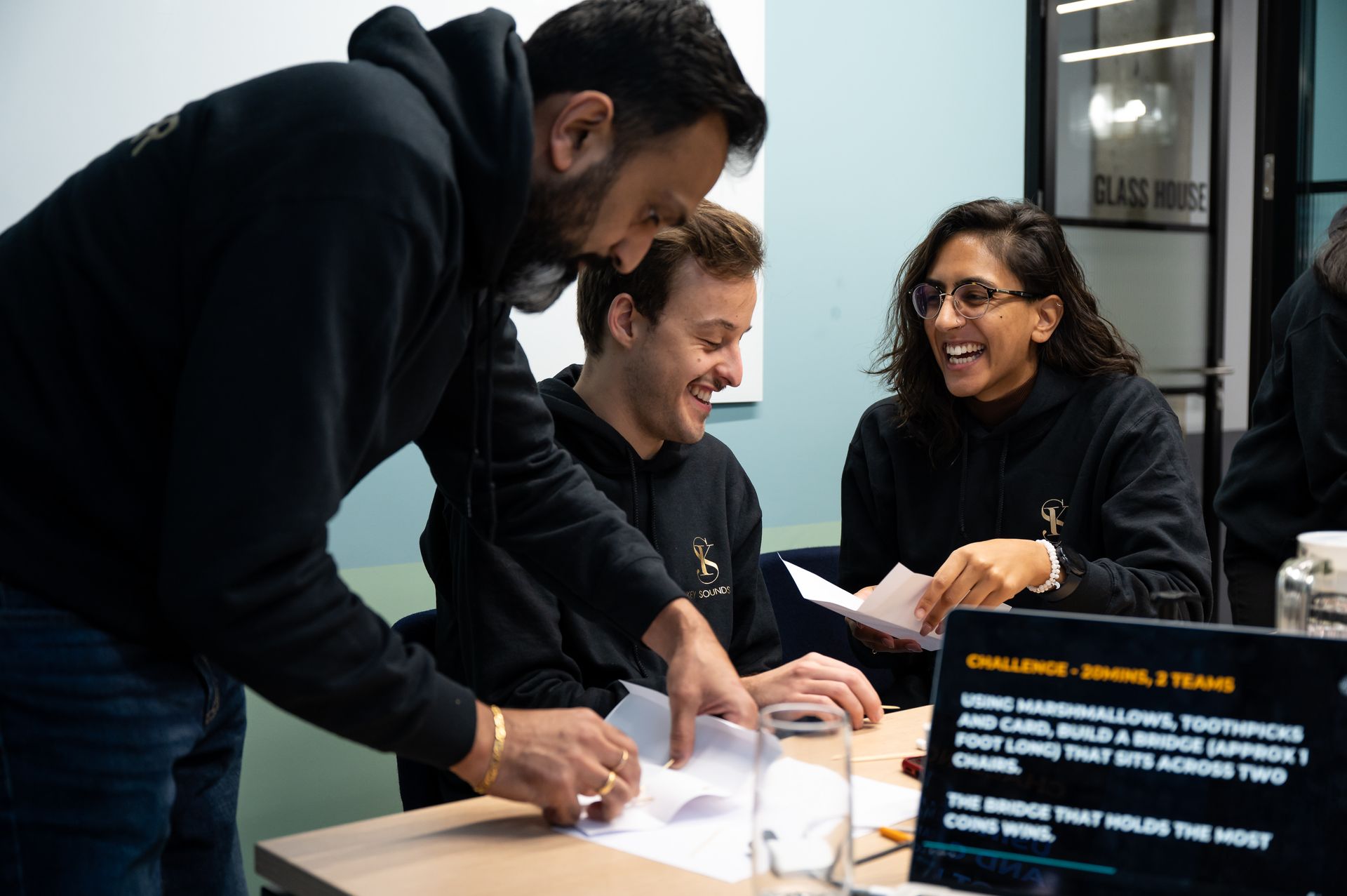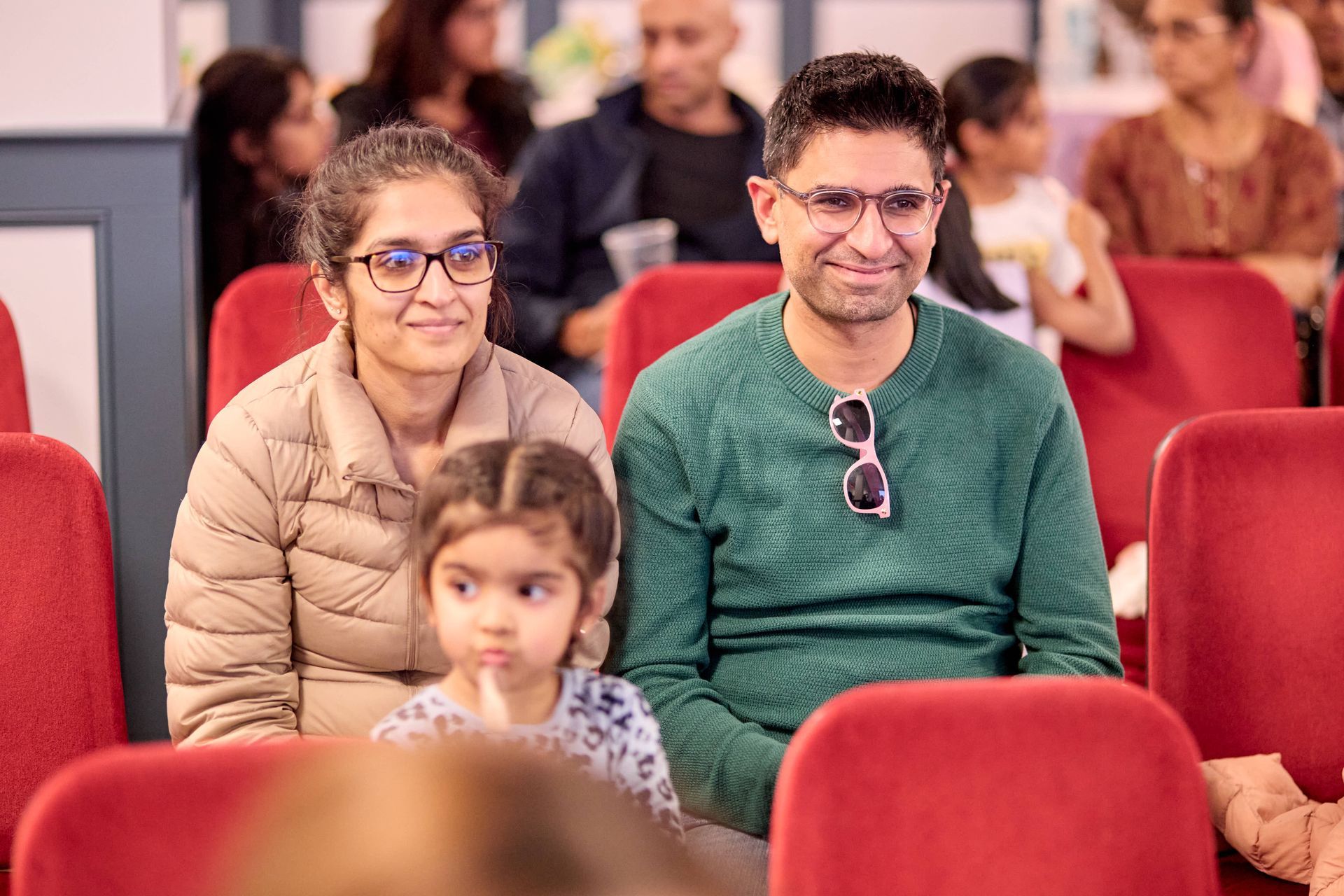Newman Tuition and Key Sounds UK Piano School
In our blog post today, we are introducing our partnership with ‘Newman Tuition’. Zac Newman, Newman Tuition’s founder, and myself (Reshmi) met at an education event in early April. After a few conversations we decided to form a collaboration together.
Why collaborate?
Over the last few months, we have been looking to collaborate with a local tuition company that is passionate about education and which could provide top quality tutors across all subjects at all age levels. In addition to being able to provide this, Newman Tuition show great care about their students’ development and well-being. We share the belief that this quality will enable our students to be happier and to perform at a higher level.
How we can help you
1) Individualisation
Both Newman Tuition and Key Sounds UK believe in having an individualised and caring approach for each student. Some may prefer visual prompts, some auditory and others kinaesthetic resources and materials.
2) Improves Confidence
An incredible life skill both we believe can really push a student to step outside of their comfort zone. We aim to incorporate this within our teaching and interactions with the students to avoid them shying away when they make a mistake or feel stuck in their work.
3) Variety of Support
Newman Tuition offers multiple subjects and services such as: English, Maths, Science, Languages, Workshops and so much more.
Key Sounds UK offers 1-2-1 Piano Classes, Group Piano Classes and Group Music Theory Classes.
We’re looking forward to keeping you posted on our collaboration and sharing more tips with our audiences in the future.
Feel to get in touch with us if you have any questions or you’d like to find out more!
Newman Tuition Contact: https://newmantuition.co.uk/contact-us/
Key Sounds UK Contact: https://www.keysoundsuk.com/contact



All Rights Reserved | Key Sounds UK
